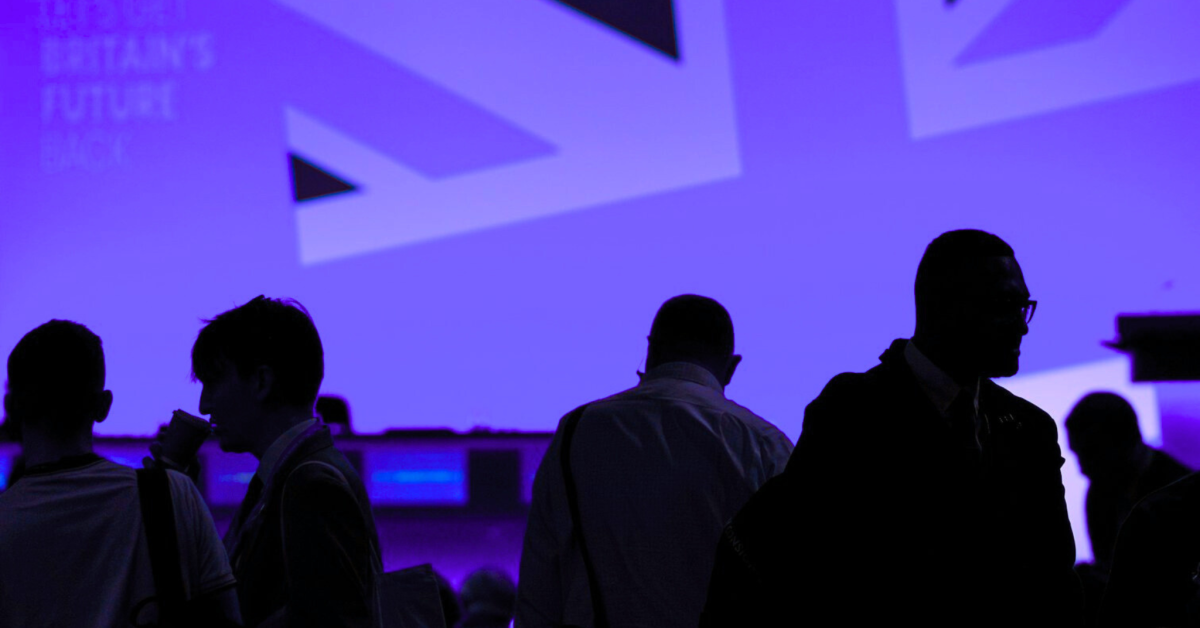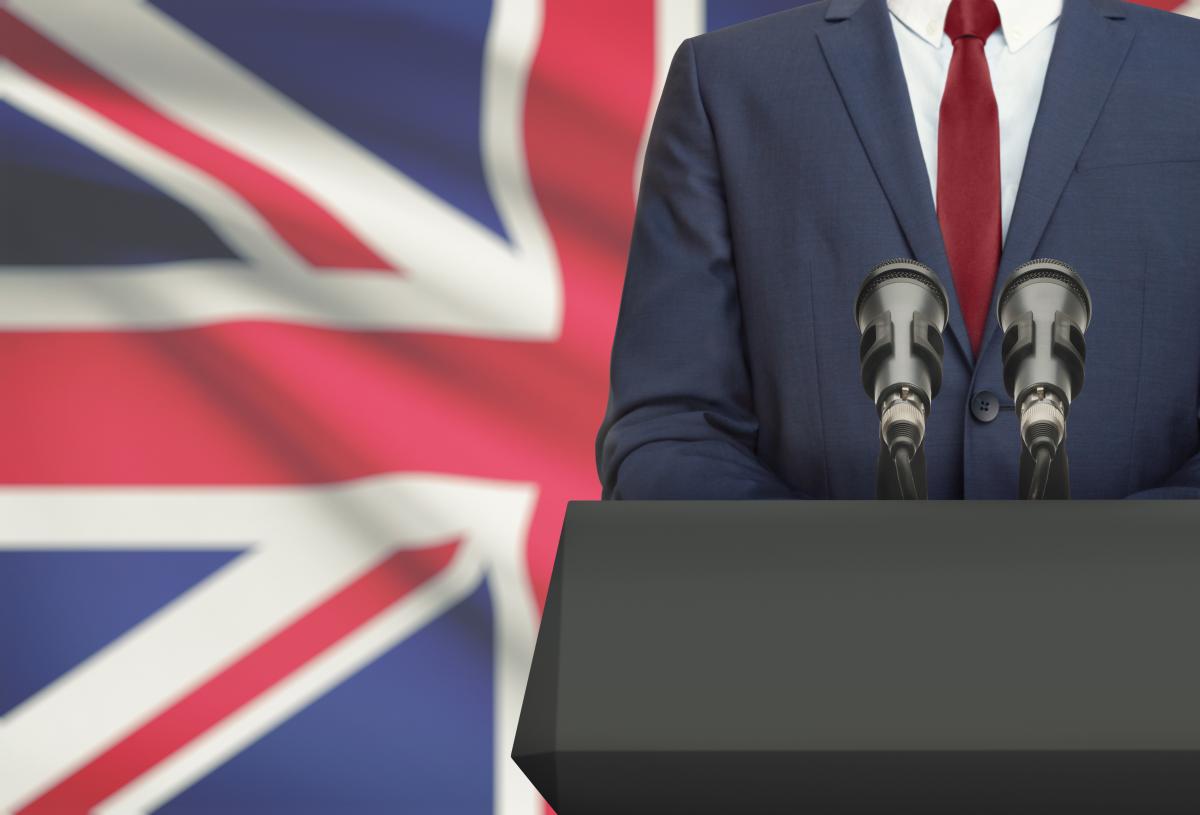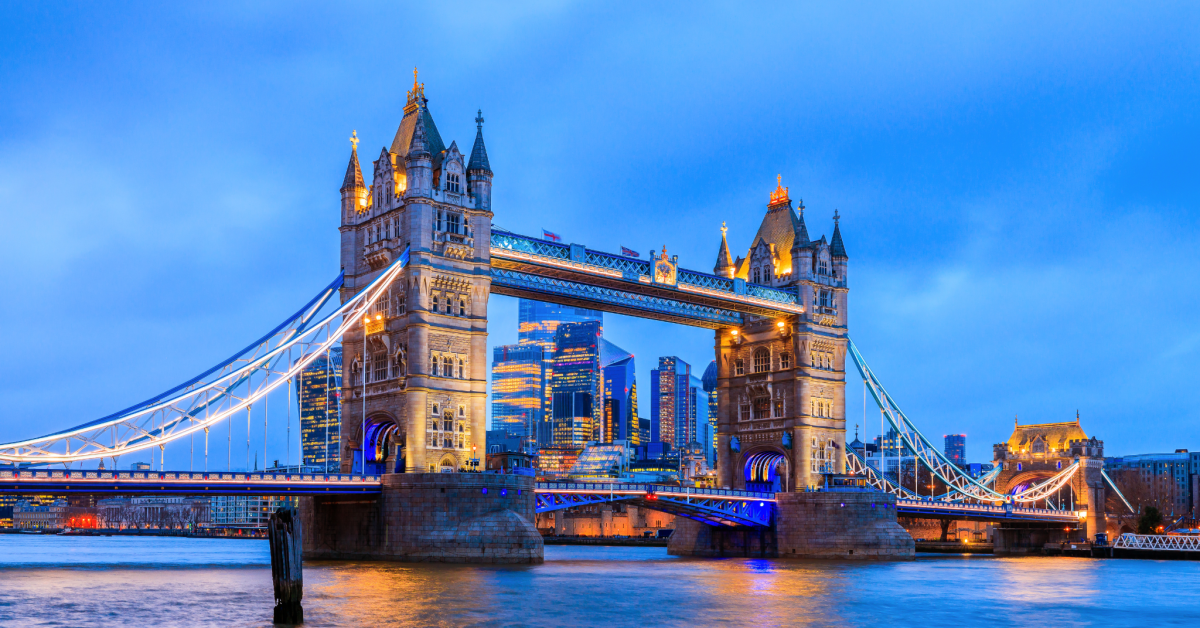Prime Minister Keir Starmer wrapped up a two-day, high-level trade delegation to India yesterday in which he met with PM Narendra Modi and addressed CEOs at the Global Fintech Fest in Mumbai. It was another strong performance for “UK Inc.” and for the PM’s foreign affairs agenda, bringing announcements of investment and trade to the UK. The visit was also a platform for a re-invigorated global offering for the UK, branded as India’s “gateway to going global.”
The Joint Statement, released as Starmer headed back, detailed significant agreements across numerous sectors for investment as well as deeper collaboration. Much builds on important and strategic agreements made in the past couple of years, as well as the July 2025 free trade agreement inked at Chequers during Modi’s summer visit to the UK. There are clearly benefits to both parties, but palpable too is India’s imminent global role and influence. At the forefront of the dynamic is recognition that the West has not truly prioritized India until very recently. The West and India have now upped their engagement when faced with notable and existential threats from China, but these are early days in a very storied past. India is undoubtedly listening but owes favor to none but itself.
A Buyer’s Market
Appreciation for changed global realities was clear between the lines and overtures of the British trade delegation’s visit. In Mumbai this week Starmer spoke of Britain and India being “natural partners” and Narendra Modi, Prime Minister of Bharat (no longer “India,” as official program documents made clear), praised the “new energy” in their nations’ relationship. Both see a natural confluence in specific and substantive areas of interest for trade and investment. Yet in speaking at the Global Fintech Fest alongside Starmer, Modi spoke more on India’s tech sector success then he did on the UK’s potential role in supporting it. The Premiers’ respective political priorities were clear.
In a buyer’s market the UK’s pitch was strong and on point. “If you want to create great jobs, great growth and succeed, we’re rolling out the red carpet. We want to see leading Indian firms flourishing in the United Kingdom, taking their business global and British firms selling into India, growing and thriving here too,” Starmer proclaimed. The results were immediate. UK Inc walked away with 10,600 new UK jobs, £1.3 billion in investments, while UK firms also promised £3.6 billion investments for projects in India. This went well beyond the clank of whisky bottles and the rustling of higher education robes, audible in the 125-strong business delegation that Starmer flew in on British Airways.
Tech, defense and critical minerals are clearly at the forefront of deepening and planned collaboration in which echoes of the UK–US tech and economic prosperity deals may be evident. Moreover, the UK’s voiced support for India gaining a seat in the United Nations Permanent Security Council was almost certainly as much a value-add to the trade proposals as it was recognition of India’s future.
Future Facing Footholds
The British trade delegation’s visit is clearly intended to consolidate British businesses’ growing foothold as well as to demonstrate both the value and potential of the bilateral Comprehensive Economic Trade Agreement (CETA). Signed in July this year it is yet to receive Parliamentary approval in both nations. For the UK, still recalibrating post-Brexit, the trade deal has been deservedly presented as “the best agreement ever secured by any country with India.” Yet India is not moving slowly and its deepening integration in global value chains will soon demand that other trade deals be inked. Hence the UK is moving fast to secure a share of the world’s fourth largest economy, and one that is projected to become the third largest by 2028.
There is a good basis for growth. India is the UK’s 11th largest trade partner to 2025 in a relationship worth a combined £44.5 billion per year, with UK imports from India holding the balance at £26.6 billion. Under current projections, the trade deal is set to increase UK GDP by £4.8 billion each year and add £2.2 billion to wages and benefit communities right across the country, the British Government reported in announcing the deal this summer. It is expected to raise bilateral trade by £25.5 billion per year, with UK exports to India projected to grow by nearly 60% as tariffs broadly tumble from an average of 15% to 3%.
Both governments are taking a long-term view to the partnership. Key opportunities are being framed by strategic roadmaps that account for India’s clear trajectory and potential. While tariff reductions help, UK services and business will be eyeing needed changes to India’s regulatory bottlenecks to open market access gates. The OECD’s Services Trade Restrictiveness Index still scores India poorly, well below the OECD average, and despite a marginal improvement from last year. Yet this is not an unknown and CETA, once approved, should reduce red tape and technical barriers for firms through digital and paperless trade.
Britain on Brand
While whisky, salmon and chocolate are never far from official UK trade narratives on improved market access, it is the UK’s higher education institutions that have helped Britain fly the flag abroad for generations. India’s demand for such education is voracious and directly proportional to its aspirations. Thus it was no surprise that 13 universities were part of the trade delegation with two British universities, the University of Lancaster and the University of Surrey, given approval this week to open new campuses in India. They join the University of Southampton, which opened a campus in Delhi earlier this year, and others including Aberdeen, Belfast, Bristol, Coventry, Liverpool, York will open campuses from as early as next year.
Also flying high and far are the UK’s defense credentials. Modi has long lamented India’s dependency on foreign arms imports to equip its forces. Domestic arms production has ramped up under his government and the UK is now leaning in to deepen its already extensive support for India’s defense ambitions. Framed as a 10-year Defence Industrial Roadmap with a joint innovation industrial partnership, the intent is for UK defense expertise to support “co-design, co-development and co-production” of arms and systems. The Leaders also agreed to expand bilateral exchanges between the armed forces of India and the UK through joint exercises, training and capacity building.
There are of course some direct sales benefits too. A £350 million contract for UK-manufactured Lightweight Multirole Missiles (LMM), nicknamed Martlets, and built in a Belfast-based Thales factory was announced as part of the trip. These missiles, which the UK is also supplying to Ukraine, are commonly used for air defense and can strike various types of military platforms. Also signed was an implementing agreement to advance collaboration on electric-powered engines for naval ships.
Inescapable in dialogue on defense are Critical Minerals. Agreed this week too has been Phase II of the UK–India Critical Mineral Supply Chain Observatory under the 2024 UK–India Technology Security Initiative (TSI), building upon the establishment of the Critical Minerals Industry Guild that was set up in August this year. The Observatory will provide a mechanism for sharing data on critical minerals supply chains and flows; and launch innovation pilots in partnership with the UK’s Centre for Process Innovation. The guild will promote collaboration across the full value chain of critical minerals: from mining and processing to recycling, technology development, financing, and trade.
Deep Pockets
AI, quantum computing and telecoms were all highlighted as areas of collaboration, which build upon last year’s agreed Technology Security Initiative (TSI). Yet it was India’s monumental and broadly highly successful digital ID program, Aadhaar, that stole most of the attention on the back of Starmer’s proposal to introduce a similar digital ID for all in the UK. Responding to media questions, the Prime Minister made it clear that the example of schemes in several countries including Estonia showed how this policy could work. But there can be no doubt that Aadhaar’s success in a nation as large and diverse as India has captured both the attention of policymakers as well as tech leaders.
Indeed, Modi has in turn been keen to highlight how Made in India solutions are now finding global relevance. Starmer is onboard, selling the UK as India’s “gateway to going global.” “We want the UK to be your number one partner of choice for finance and fintech,” he told tech CEOs, emphasizing UK investments in digital infrastructure, data-sharing and data adoption as an “AI superpower” with a deep liquid pool of capital.
This will be attractive to Indian business and investment. Yet it also runs squarely into restrictions on visas and the UK’s immigration debates. En route to India, Starmer made it clear that no changes to policy were to be expected on UK visa rules for Indians. The Indian Government has however pursued improved studying and working visa rights as part of any deal. It is a demand unlikely to fall by the wayside in future dialogue.
Speaking to media in Mumbai the Prime Minister expressed confidence that the UK–India agreement helps to offset the imposition of US tariffs by providing businesses with stability and certainty. Having secured an announced £1.3 billion in investment that creates 10,600 UK jobs during this visit Starmer has been keen to emphasize the evident and immediate benefits to UK Inc. Asked on what the UK’s ambitions may be for China, the last country to which such a large trade delegation was sent under Theresa May in 2018, the Prime Minister reiterated Britain’s policy of “cooperating where we can and challenging where we must.”
It is clear that cooperation with India is also a must for the UK.
Materials presented by Edelman’s Public & Government Affairs experts. For additional information, reach out to Oliver.Fall@Edelman.com



